
Nursing Lifestyle
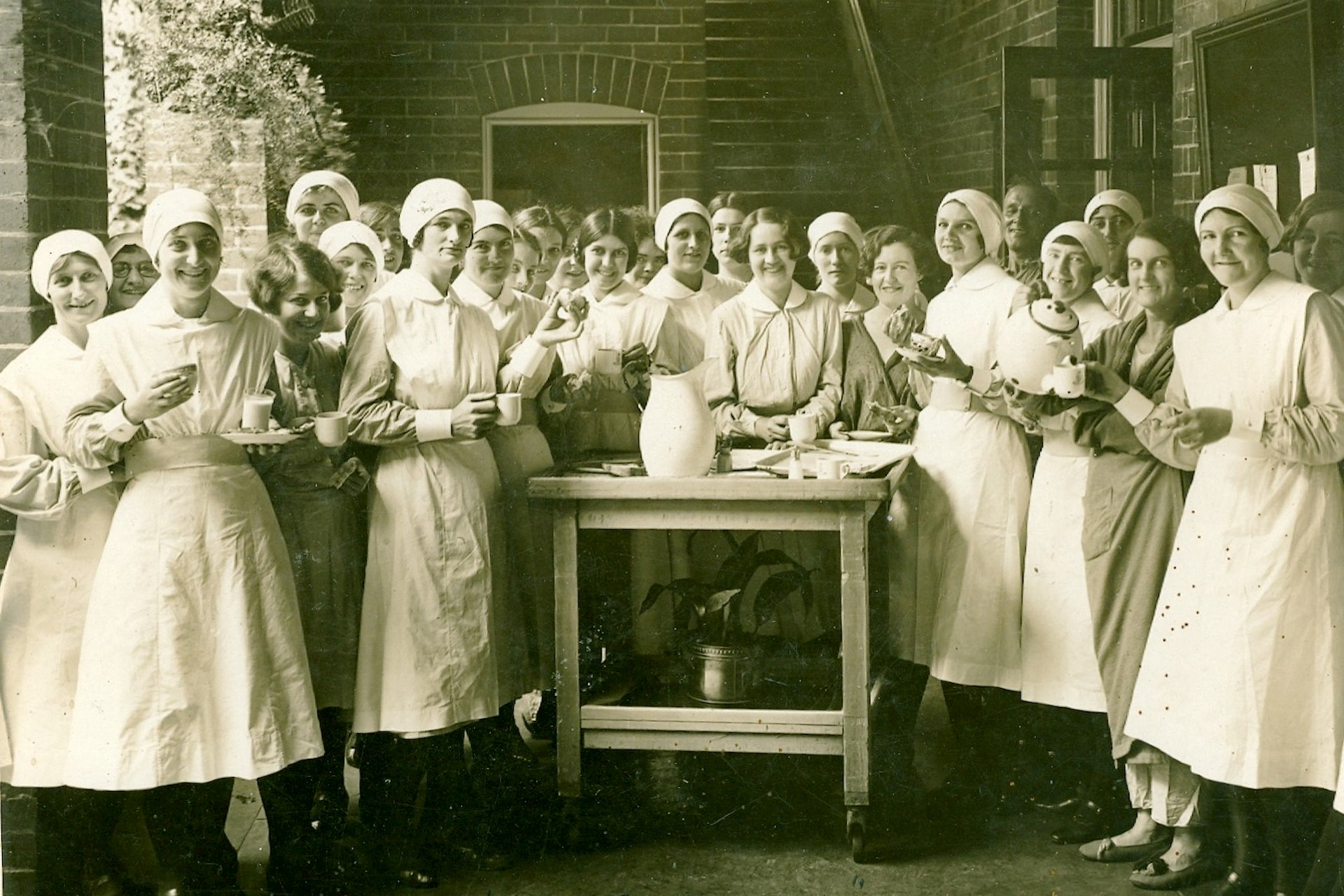
Makeup was unknown, as was smoking. When smoking became fashionable amongst women it was frowned upon for nurses. Smoking was not permitted in the Nurses' Home until the 1930s.
Special magazines and journals for nurses were published over time including 'Why and Because' (1886), 'Philomena' (1931-40), 'Starch', 'In Vitis Nutres' and 'The Nurses' Chronicle' (1940s-1960s). These were written by RPA Nurses for RPA nurses and contained poems and social news.
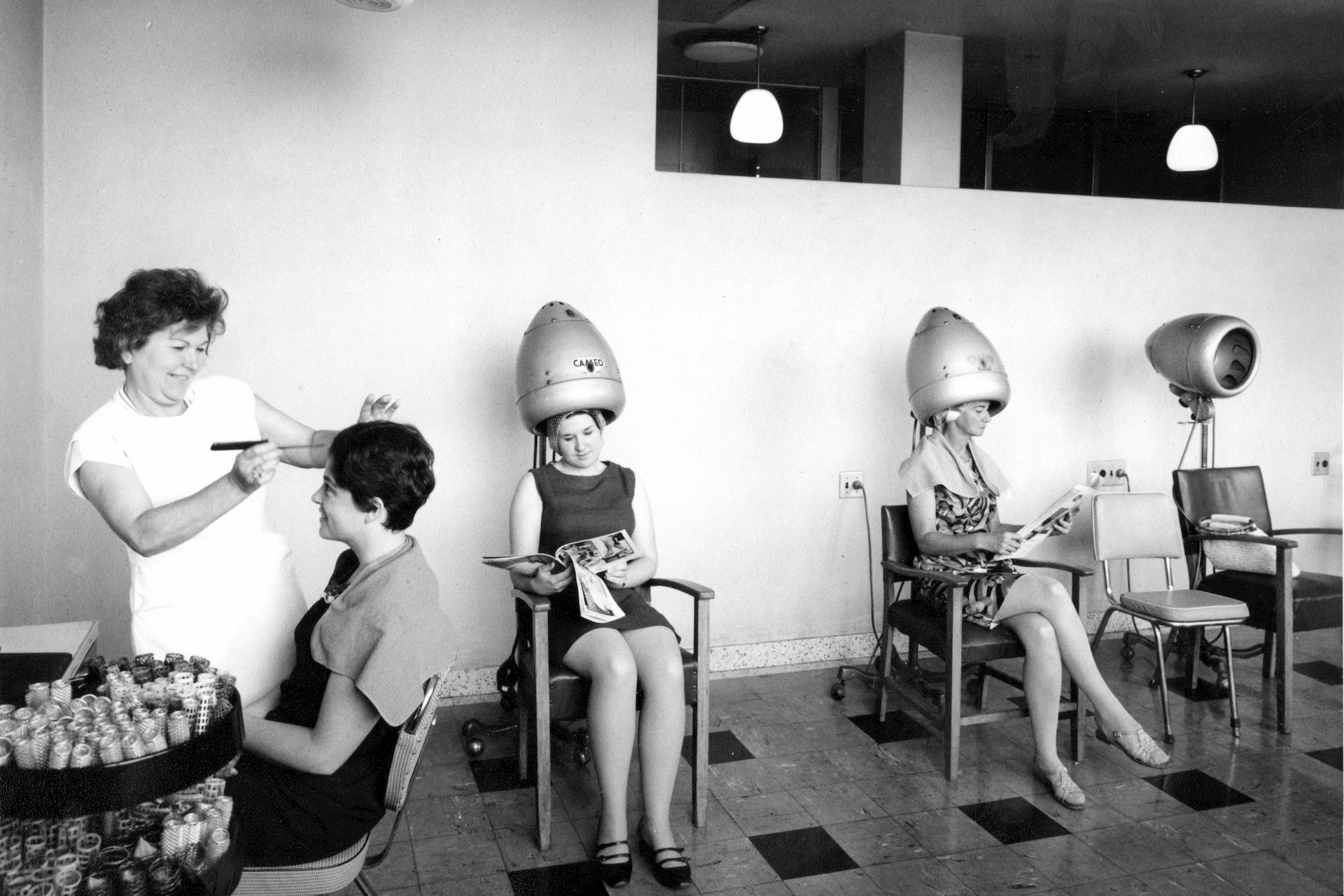
Nurses' leisure time included reading in the library, polka dancing around the piano, The Sydney University Medical Society's Smoking Concert, balls, flute recitals, magic lantern and minstrel entertainment. Quong Tart's restaurant in King Street was a favourite haunt, especially for night nurses. Two tennis courts in the hospital grounds were regularly used by nurses. Many frequented Dance Halls in the city, as well as Picture theatres and smaller newsreel theatres.
One nurse recalled her pre-WWI experiences
...on days off I often played tennis. After night duty we played tennis, rather infrequently on the hospital court, went swimming, went to town – back by noon! One did not request special time for special events – not even in World War 1 days. It was a rare occurrence if one did ask that favour.
Many nurses used the hospital Chapel which housed an organ and on Sunday evenings Bible classes were held in the Nurses' Home.
On the wards nurses were not allowed to have private conversations with doctors or students however friendships and romance did still take place, with some leading to marriage.
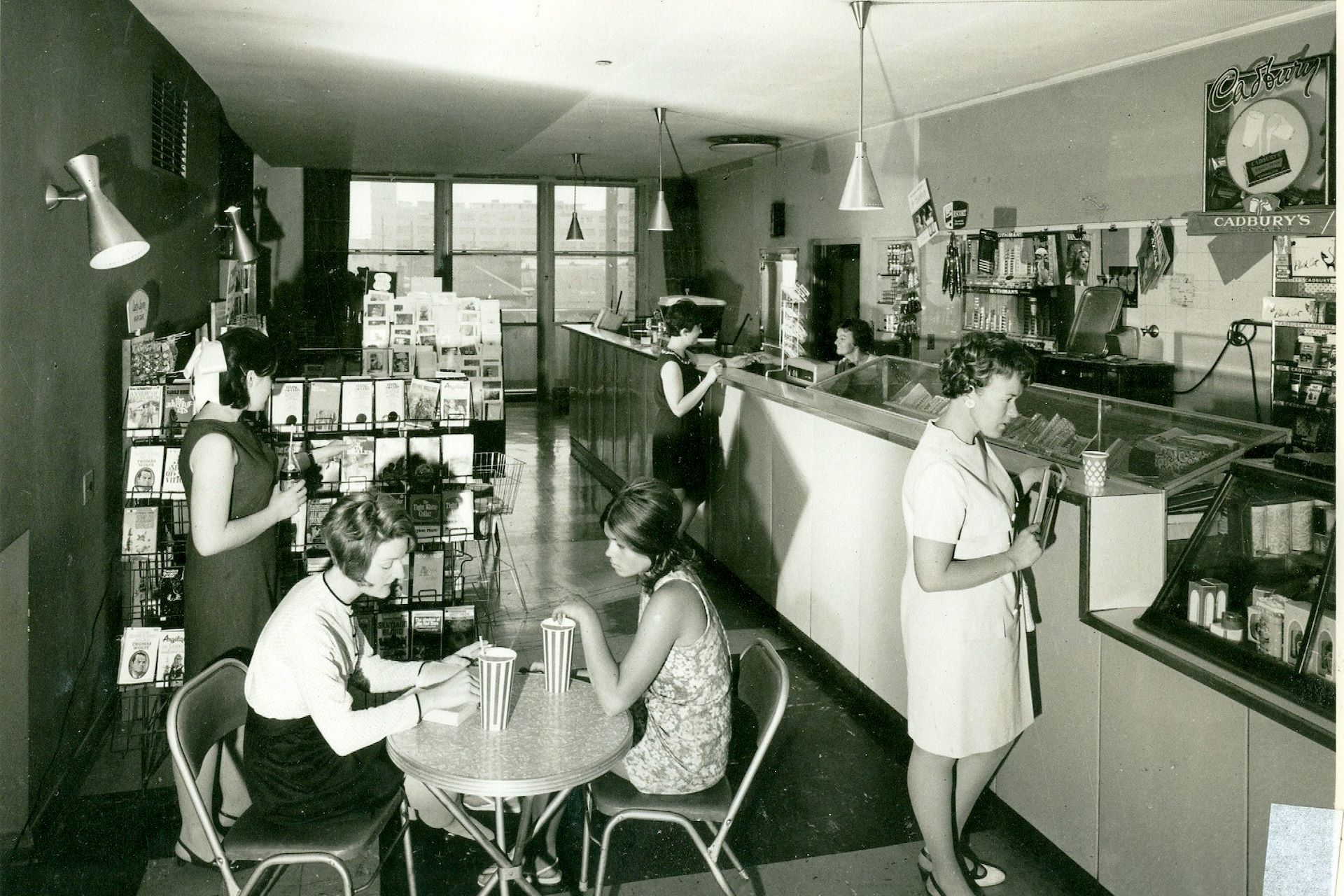
Team sports were always difficult owing to working hours but the three tennis courts at the back of the hospital were well used. The staff at the Dame Eadith Walker Hospital, which was managed by RPA, were able to use its swimming pool, tennis courts and squash court. Nurses were always short of money but a trip to Bondi Beach was possible if four or five nurses shared a taxi.
Nurses did "act up" at times. With several male colleges nearby there was a steady supply of available suitors. Curfew was 10pm but this could be avoided by sneaking in through a window left open by an accomplice. Balls were held every year and Newtown could be visited for coffee. The nurses and other staff members also organised plays and performances called Revues from the 1970s onwards.
Nurses helped to make Christmas a special time for patients, and one remembered a Christmas Eve of the early 1960s,
…all the nurses would decorate lanterns with coloured paper and file through the darkened wards singing carols. This was an emotional time for the patients many of whom would weep as we passed by.
Another nurse of the same time recalled Christmas punch on the wards. One nurse claimed that Christmas on the wards in the 1960s was the best part of being at RPA.
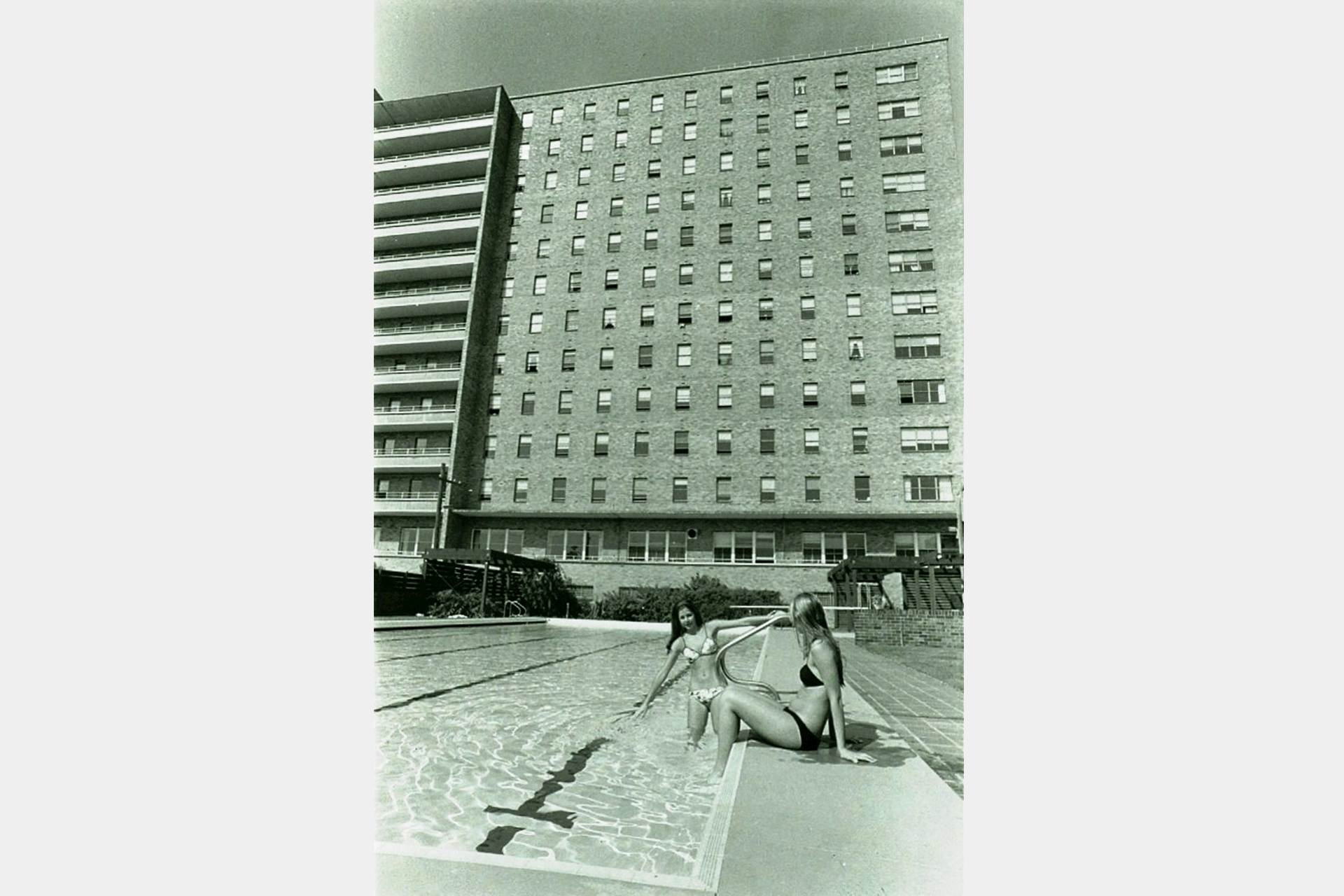
One nurse from the mid-1960s recalled,
'...the Home Sister used to do rounds every four hours, and we were supposed to be in our rooms by 10.30pm. Quite often a group of us used to play cards in the sitting room until the wee hours of the morning so we'd have to keep an eye on the time. When we heard the lift going, we'd turn off the light and make a run for it back to our room. Sometimes we weren't fast enough and we'd get caught and reprimanded, but we outsmarted the sisters more often than they caught us'.
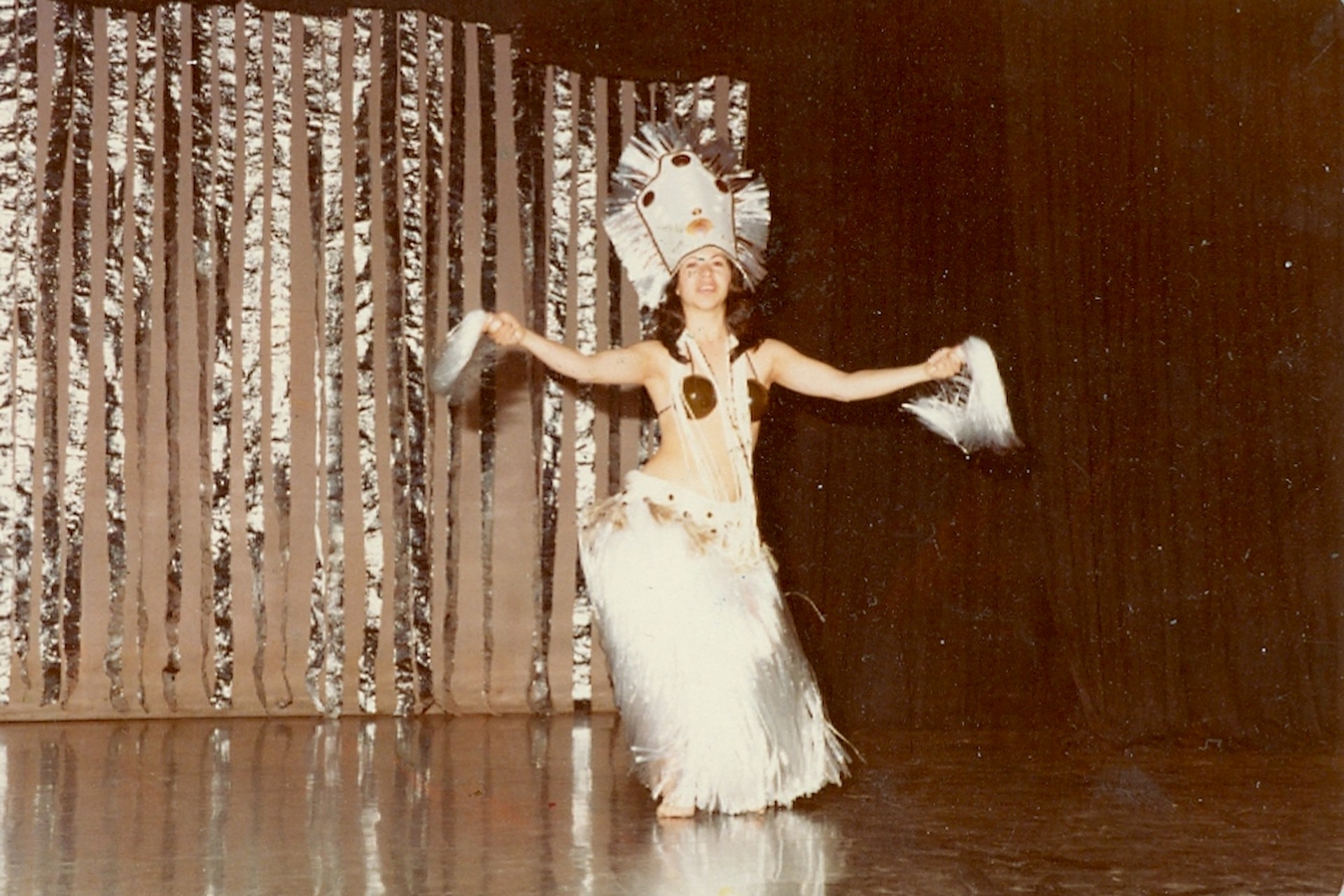
Sources: 'The First Fifty Years' by Dorothy Mary Armstrong (1965); 'The Second Fifty Years' by Helen Croll Wilson (2000); The Life and Times of Royal Prince Alfred Hospital, Sydney, Australia by Muriel Knox Doherty (1996); Australasian Trained Nurses' Journal; The Sydney Morning Herald; RPA Museum collection.